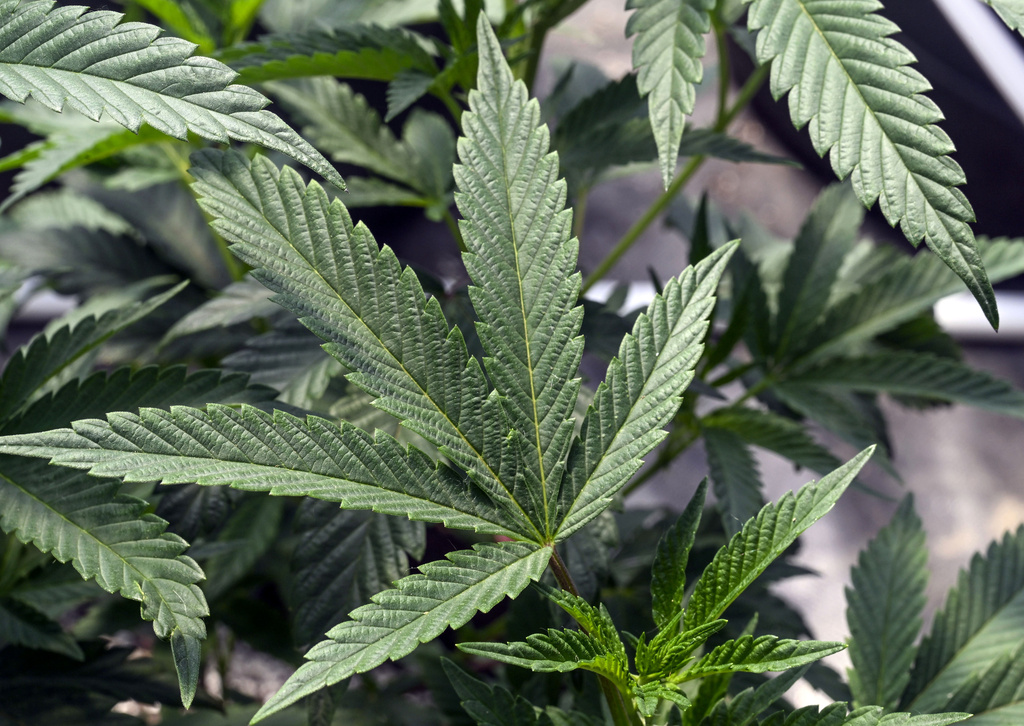Senate Majority Leader Chuck Schumer recently stated that passing marijuana banking, the Secure and Fair Enforcement Regulation Banking Act (“SAFER”), remains a high priority. Recent news coverage indicates that SAFER may be traded and inserted into another must-pass piece of legislation at the last minute. After all, elections are coming, and the industries looking to profit most from the passage of SAFER are watching closely to determine who they will generously support for reelection.
Those supporting SAFER state many reasons for the legislation, including promises of improved safety and more certainty for banks and financial institutions. Yet, there are glaring omissions in the bill’s language that don’t bode well for consumers or the public, particularly our nation’s children, who will pay the highest price.
Oddly missing is clarity on the products eligible to utilize SAFER’s expansive banking and financial provisions and a directive for baseline safeguards on those eligible products. After all, who doesn’t support product transparency on psychoactive amounts, potencies, contaminants, and other added harmful substances?
A lack of clarity that will put bankers, financial institutions, and investors in the undesirable position of advancing dangerous products, and deceptive business practices should SAFER pass without added safeguards.
In a recent letter, 21 attorneys general across the country from both states with legal marijuana sales and those without legal marijuana sales describe these unacceptable risks and harms when it comes to highly psychoactive products deceptively labeled, marketed, and sold as hemp or CBD online, and in gas stations and convenience stores without any age gate or essential product safeguards.
In their letter, they expressly point to the source of this problem as the “glaring vagueness created in the 2018 Farm Bill”. They write, “Regardless of your Committees’ intentions, the reality is that this law has unleashed on our states a flood of products that are nothing less than a more potent form of cannabis, often in candy form that is made attractive to youth and children—with staggering levels of potency, no regulation, no oversight and a limited capability for our offices to rein them in.”
Issues that also pertain to products marketed and sold as cannabis or marijuana due to a patchwork of regulations or lack thereof. In a recent article in Science News, top neuroscientist Yasmin Hurd of the Icahn School of Medicine at Mount Sinai in New York City describes today’s concentrated cannabis products as “new drugs” that are very different from what’s considered cannabis. “We need to start calling them something else,” she says in the article — a recommendation many have made.
The stakes are high because the effects of these products can be devastating. These potent products are associated with severe psychiatric symptoms and disorders. A study in the American Journal of Psychiatry found that just one psychotic episode following the use of such products was associated with a 47% probability of the person developing bipolar or schizophrenia disorder. It showed the risk is highest for young people ages 16 to 25 years old and that the risk is higher than for other substances, including alcohol, opioids, amphetamines, and hallucinogens.
Nationwide, there has been a reported 1375% increase in pediatric edible cannabis accidental ingestions from 2017-2021, and THC has been the No. 1 substance found in teenagers ages 15-18 who died by suicide in Colorado since 2015.
Congress has a precedent of addressing human safety issues through banking regulation. Many proponents of SAFER say it is about safety. If that is the case, the safety of consumers and our nation’s young people must also be a priority.
It took decades before our nation’s Surgeon General issued the report linking tobacco and ill health, a finding that triggered a public health crusade that continues today to reduce tobacco use. Do we have to learn the same hard-earned lessons over and over?
CLICK HERE TO READ MORE FROM THE WASHINGTON EXAMINER
Allowing vague language without adequate clarification and safeguards will significantly advance today’s deceptive practices for consumers and put our youngest at undue harm.
We can and should do better; our nation’s children and young people deserve nothing less.
Diane Carlson is co-founder and national policy director for One Chance to Grow Up.
The Secure and Fair Enforcement Regulation Banking Act will put our youngest at undue harm. Read More


